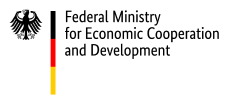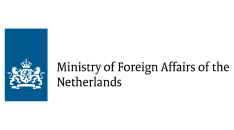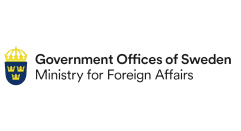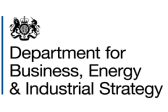Financing Climate Action
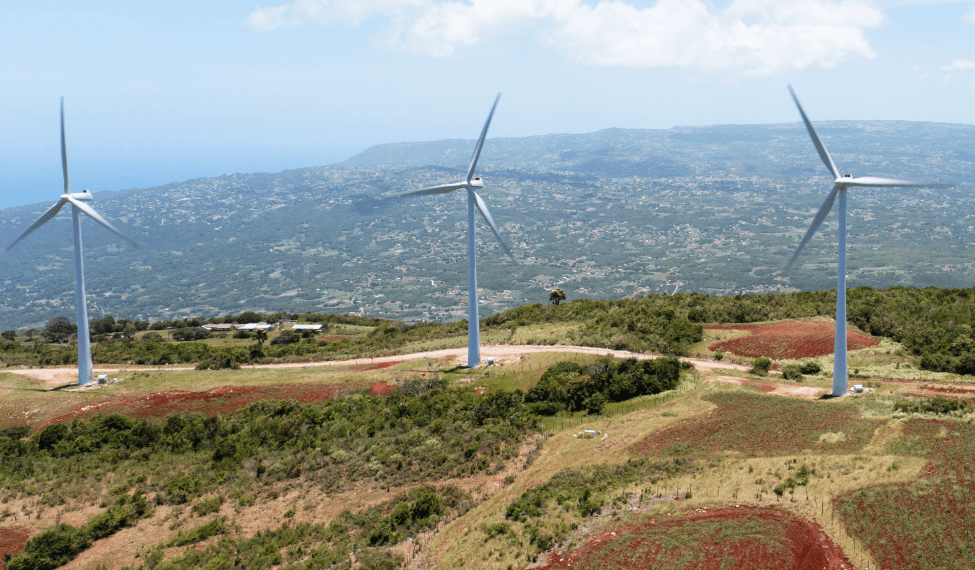
Access to finance at speed and scale remains a chief constraint to achieving the Paris Agreement’s goals. The UN estimates that the annual cost of adaptation and mitigation efforts “will greatly exceed USD500 billion and possibly even more than a trillion dollars”.1 This is compounded by revenue losses and increased debt related to COVID-19 that many countries are struggling with as they implement more ambitious NDCs.
Nonetheless, there are countless benefits to transitioning to a green economy, with a potential economic gain of USD26 trillion through 2030 compared with business-as-usual. The NDC Partnership leverages its network to mobilize technical and financial resources to enable low-carbon and climate-resilient development. This work supports members by developing NDCs into strong national investment strategies and proposals, engaging with relevant stakeholders for resource mobilization, and by identifying, developing, and sharing potential investment opportunities in member countries.
Finance is the most common request by NDC Partnership countries, with 96 percent of developing country members seeking financial support. These requests generally fall into five categories (Please see the NDC Finance Request Categories graphic below). In 2021, the NDC Partnership established a task force charged with developing a finance strategy to improve the Partnership’s financial support role with countries. The task force drafted the strategy to further support countries in using their NDCs to mobilize climate finance and drive transformational investments, thus contributing to the Paris Agreement’s climate goals.
For more information, see:
- Understanding NDC Financing Needs: An insight brief that reflects on member countries’ climate finance requests and how the Partnership supports them.
- Climate Funds Explorer: A searchable database of open climate funds and related support for mitigation and adaptation activities.
- Climate Toolbox: Tools, guidance, platforms, and advisory support from leading institutions in a searchable database to support countries in planning and implementing their NDCs.
NDC Finance Request Categories
The Partnership supports:
| Developing climate finance strategies and roadmaps | 55 countries as they develop climate finance strategies and financial roadmaps. |
| Integrating NDCs into national planning, budgets, and revenue streams | 44 countries as they mainstream climate change into national/sectoral development plans and public financial management systems. |
| Financing projects and programs and mobilizing resources | 47 countries as they identify and access external financial resources to fund projects and programs as part of NDC implementation. |
| Preparing bankable projects and pipelines | 49 countries as they translate NDCs into bankable projects and project pipelines. |
| Private sector engagement | 45 countries as they engage the private sector in climate action. |
Aligning NDCs with Economic Recovery
COVID-19 continues to profoundly impact sustainable development and climate action. An April 2020 survey by the NDC Partnership identified members’ needs and measures to keep climate action and ambition on track. Based on this survey, the NDC Partnership launched its Economic Advisory Initiative, embedding 58 economic advisors in the planning and finance ministries of 34 developing country members and the African Union, with support from 13 institutional and development partners. These advisors are working with governments to prepare national plans, develop project pipelines and concepts, and mobilize climate finance.
1The trillion dollar climate finance challenge (and opportunity) https://news.un.org/en/story/2021/06/1094762
Gender
Through economic advisory support, Eswatini incorporated important elements in its economic recovery plan to support gender equality, inclusion, and just transitions.
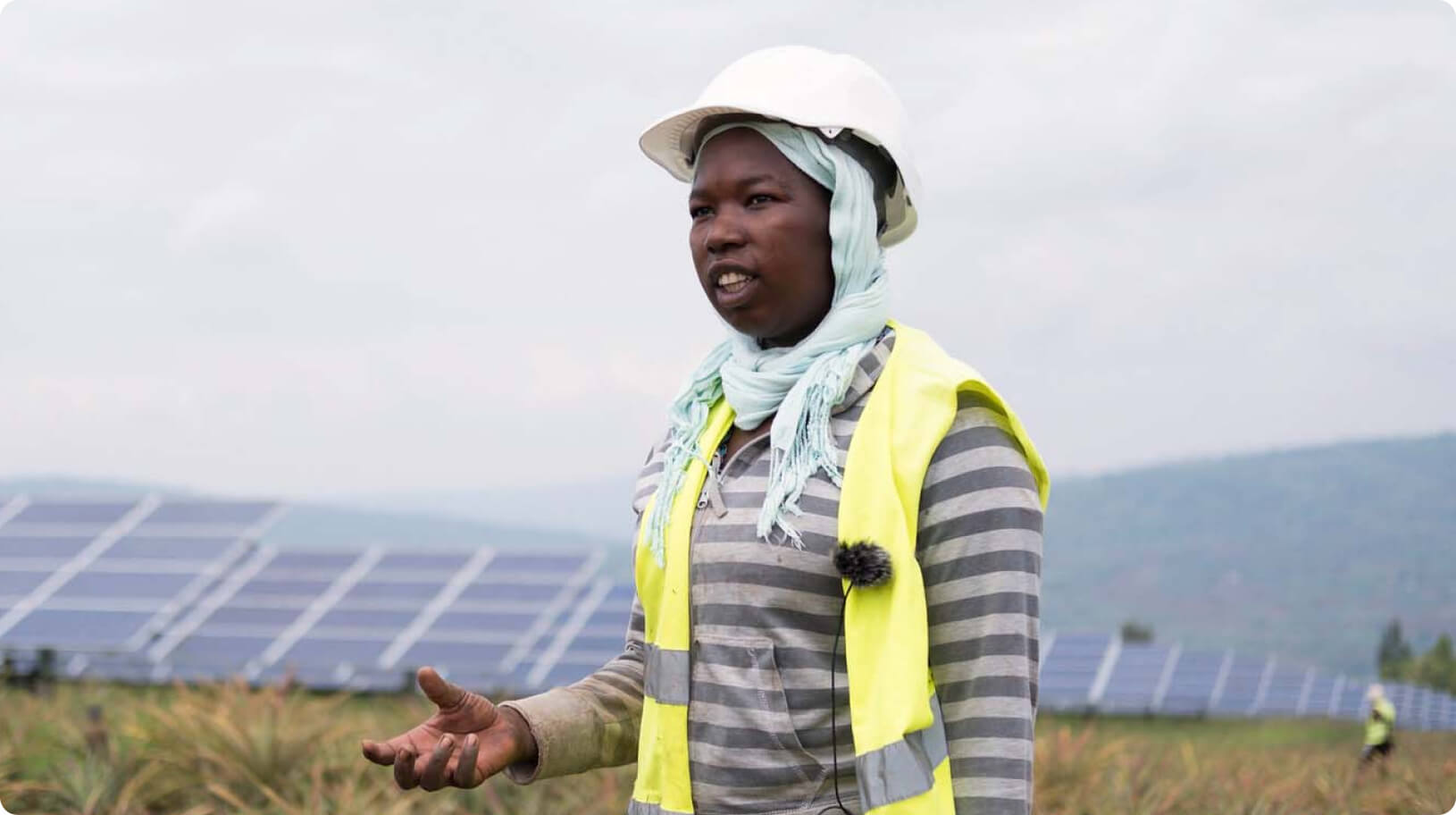
These include:
- Adopting a participatory gender-responsive climate risk assessment methodology;
- Soliciting regular inputs from civil society on proposed climate risk adjustments reflecting the interests of vulnerable and marginalized communities; and
- Responding to the higher share of female infections and deaths (52 percent) due to COVID-19.
The NDC Partnership supports the Economic Advisor for Eswatini. The government is also considering “Gender-Responsive Procurement Guidelines” in public and private sector contracts. It is also introducing a Woman Empowerment Points Program to prioritize women’s access to business and commercial resources related to economic recovery after COVID-19. Through CAEP, WRI supported Eswatini in its efforts to undertake a gender assessment to inform climate and development planning, policy, and reporting.
Saint Lucia is also reviewing economic recovery initiatives through a gender lens. With economic advisory support still in the early stages, the government is considering several initiatives to support equity and gender-responsive outcomes. This includes a proposal to examine the distributional consequences of policies related to the Waiver of Subsidy and Removal of Price Cap on Fossil Fuels and allocate a set portion of revenues to poor and marginalized groups affected by this policy. A second proposal is having the Department of Gender Relations support gender-responsive budgeting. A final proposal suggests that the government take into account equity, inclusion, and just transition considerations in designing resilience measures that respond to job loss and economic recovery, and in developing long-term economic diversification options.
Integrating climate and development
Partnership members are increasingly elevating climate change as a national priority with leadership from ministries of finance and planning. While some are preparing specific climate-informed economic recovery strategies and budgets, others have identified entry points for recovery through revised or new National Development Plans (NDPs), NDCs, long-term low-carbon development strategies, and national climate budgeting.
Liberia’s advisor supported the government in its efforts to prepare a whole-of-government recovery response, including mainstreaming climate into the country’s revised National Development Plan and Economic Recovery Plan (ERP), which recommends more than 50 climate actions. These include establishing an environmental unit within the Ministry of Finance and Development Planning.
In Colombia, the economic advisor made key contributions to preparing the National Policy on Sustainable Recovery, which details a set of actions, policies, and financial instruments covering a wide range of sectors. The advisor supported developing a Sustainable Recovery Strategy, territorial pacts, and other key policy instruments and initiatives under a unified framework for green economic reactivation at the national and local levels.
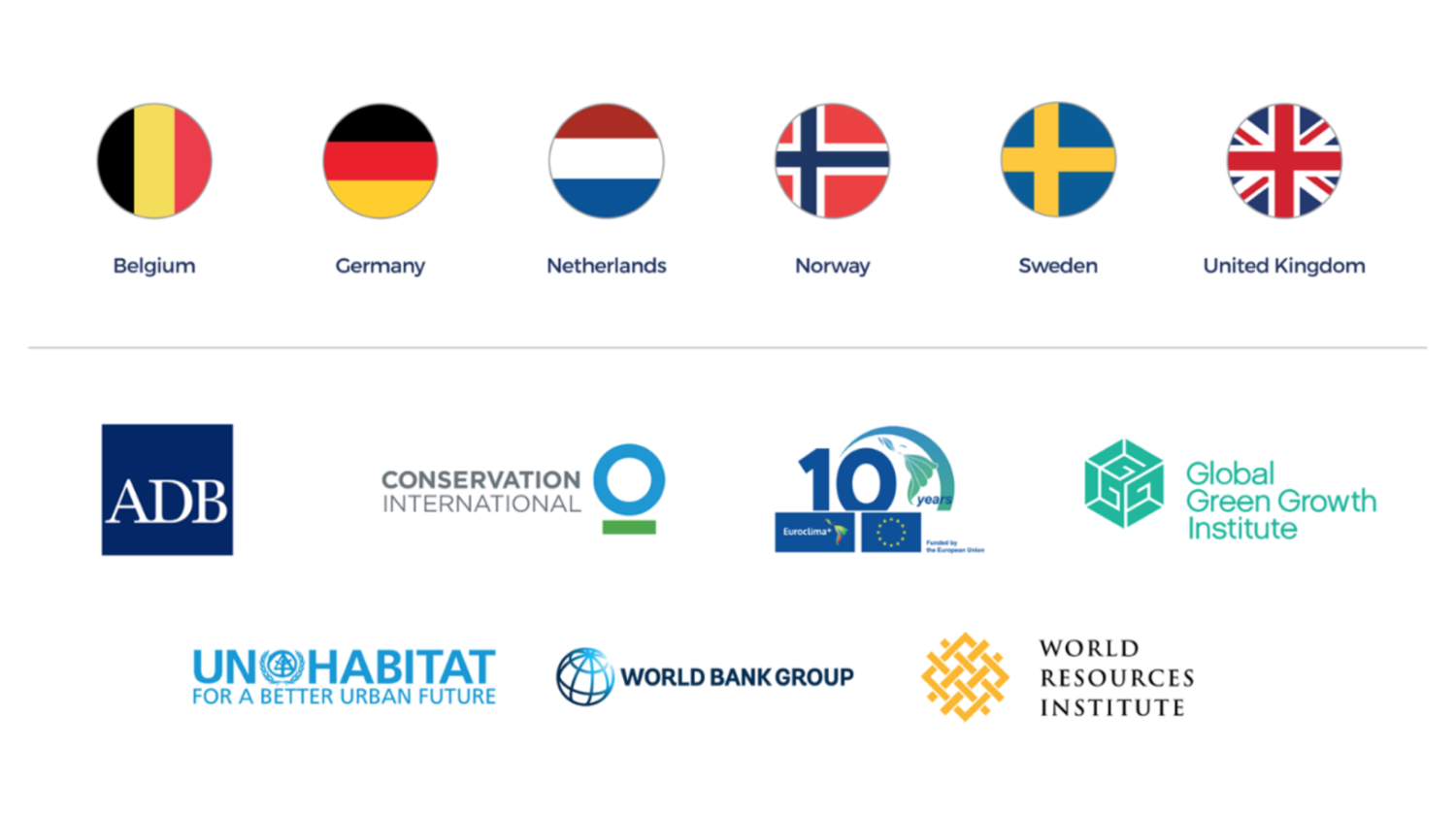
Developing bankable projects and mobilizing resources for climate action
With Partnership support, member countries are preparing quick-start green projects to boost economic growth, reduce emissions, and strengthen climate resilience while mobilizing technical and financial resources for increased climate ambition.
In Uganda, the advisor is developing guidance on how the government can leverage climate finance to support green recovery, preparing a database of climate-related projects and analyzing their level of bankability, and providing recommendations on resource mobilization from different sources.
In Jordan, the advisors identified more than 100 potential green recovery actions and informed the development of a new USD500 million World Bank Program-for-Results (PforR) loan aligned with the NDC. The advisors also worked, alongside the World Bank, on a macroeconomic and social impact assessment, recommendations for green recovery strategies and policies, and mainstreaming low-carbon and climate-resilient investments in line ministries’ strategies and budgets
Eswatini made significant progress in preparing and identifying finance for green recovery projects, in addition to supporting the integration of climate change into the 2020-2022 Economic Recovery Plan and 2023-2025 NDP. Specifically, the advisor contributed to preparing three investment projects focused on reducing CO2 emissions through support for ethanol fuel blending using a by-product from the sugar industry, liquified petroleum gas (LPG) as a replacement for cooking with wood-fuel, and eco-industrial parks, as well as two technical assistance (TA) projects focused on NDC-NDP alignment, climate research, and capacity building.
Developing NDC Investment Plans
Countries seeking large-scale climate financing for their NDCs will need to harness all available options, from domestic fiscal budgets to the private sector to international public financing. However, reduced climate spending due to COVID-19 expenses has made climate investment a prominent barrier to NDC implementation. Many countries are developing NDC investment plans, a strategic document outlining investment programs needed to implement priority actions within a country’s NDC, as well as a strategy for meeting those financing needs. The NDC Partnership supports countries as they identify and access external financial resources for NDC implementation by working with members and external partners to provide technical assistance to support building financial readiness or by identifying potential external funding sources for project implementation. A major focus of this work is supporting countries in the development of equitable investment plans1.
1CDKN defines an NDC investment plan as a strategic document setting out the program of investments required to implement each priority action within a country’s NDC, as well as a strategy for meeting those financing needs.
Case Studies
Burkina Faso
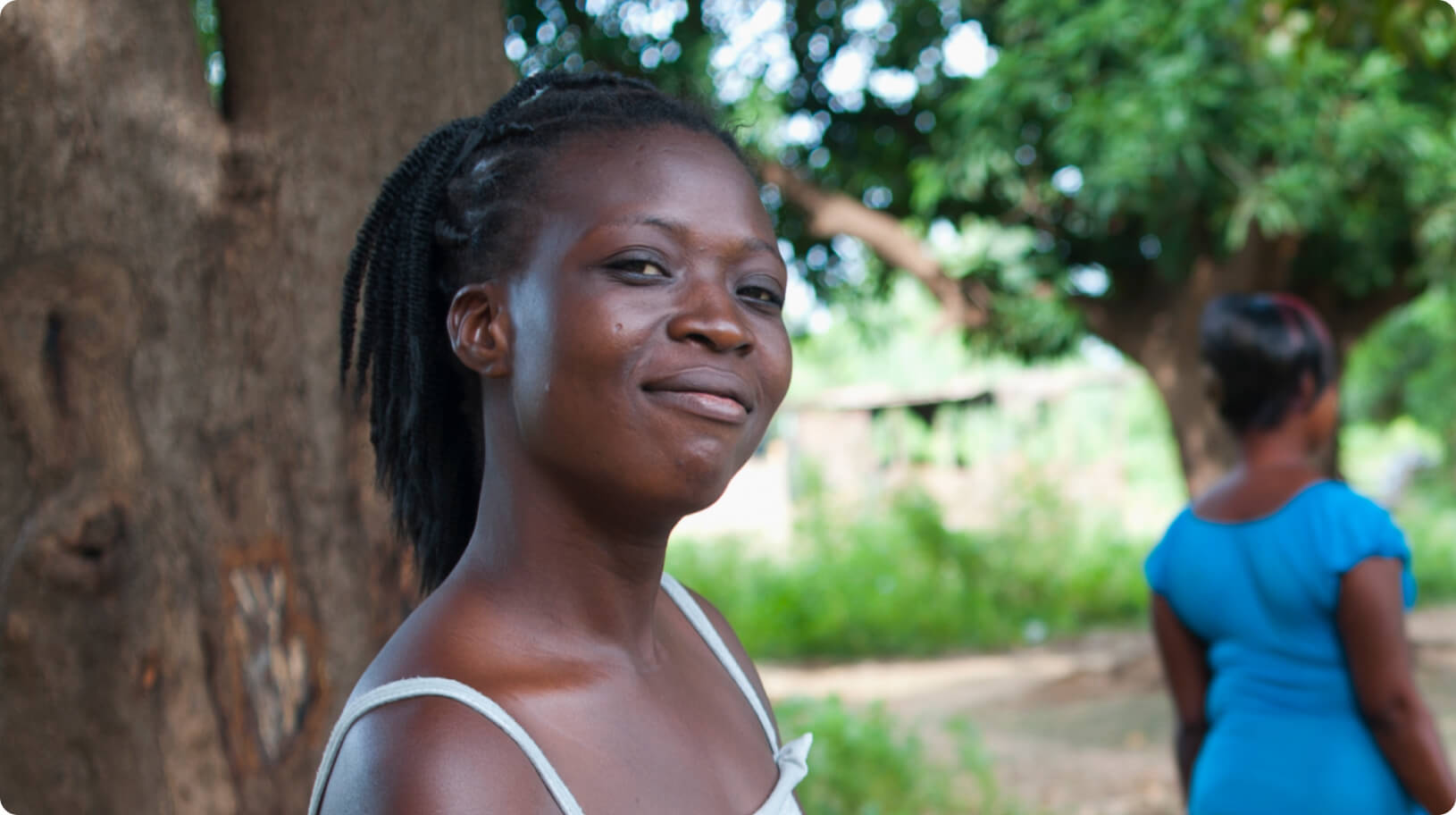
Burkina Faso developed an NDC Investment Plan to capitalize on private sector investment in mitigation actions for the energy sector and development of the technical capacity to mobilize resources, integrate climate into budgetary circulars, and prepare bankable projects. The plan calls for substantial funding to support resilient, low-carbon economic development and outlines priority projects categorized by their importance in reducing GHG emissions and/or reducing the vulnerability of natural, economic, and human systems.
São Tomé and Príncipe

São Tomé and Príncipe’s Multi Sector Investment Plan for Resilience (MSIP) aims to strengthen resilience to climate change with strong disaster risk management processes. Prioritized activities by different stakeholders are organized in an investment framework with three pillars: strengthening knowledge, analysis and institutional capacities; climate and disaster risk reduction; and integrating resilience in sectoral and community development. The investment plan was used as the NDC Implementation Plan’s base, also covering mitigation and cross-cutting initiatives. São Tomé and Príncipe’s NDC Implementation Plan is supported by 13 Partnership members and more than USD120 million of ongoing and planned projects.
Integrating NDCs into Public Financial Management Systems
Integrating NDCs into Public Financial Management (PFM) Systems is key to increasing national ownership and the transition to a low-carbon and climate-resilient development trajectory. The Partnership supports several members in mainstreaming climate throughout the whole PFM cycle.
In Mali, the Partnership is working with the Ministry of Economy and Finance and the National Environment and Sustainable Development Agency on a new system to track and budget for climate measures in the national budgets. Part of this support includes reviewing the current public financial management system and developing climate-sensible investment criteria, allowing the government to prioritize projects and track its contribution against the NDC targets. The project also includes training government officials on the new system and hosting general capacity-building sessions on the climate finance and green growth aspects of public financial management.
In Grenada, the NDC Partnership’s in-country facilitator supports the government by ensuring the NDC and National Adaptation Plan (NAP) are integrated into the national budget and tied to the National Sustainable Development Plan 2035. Through this support, the 2021 budget includes activities for climate mitigation and adaptation.
Another example of how countries are integrating climate in resource allocation and investment decisions includes Public Investment Management (PIM) systems. Albania, São Tomé and Príncipe, and Zimbabwe, among others, are revising their PIMs to integrate climate considerations and align resource allocation decisions with a low-carbon and resilient development approach.
Beyond direct support to several countries, the Partnership also collaborates with key global initiatives, including the Public Expenditure and Financial Accountability program and the Coalition of Finance Ministers for Climate Action to advance NDC mainstreaming into key mechanisms led by ministries of finance.
Collaboration with PEFA Secretariat
The Support Unit collaborated with the Public Expenditure and Financial Accountability (PEFA) program Secretariat on the recently launched PEFA climate framework and its piloting phase. The Support Unit team provided feedback on the assessment framework and is engaged in Albania and Jordan’s PEFA climate pilots. PEFA Climate devises a standard evaluation methodology and framework that assesses how a country’s public financial management system can support government climate change policy implementation. The assessment report highlights the existing system’s strengths and opportunities for countries to make their PFM more climate responsive. The assessment report also establishes a baseline of practices to measure progress and inform priority areas for NDC Partnership support.
Coalition of Finance Ministers for Climate Action
The NDC Partnership Support Unit collaborated closely with the Coalition of Finance Ministers for Climate Action since its creation. Moreover, the Support Unit and the World Bank work together to support the country champions, Jamaica and Uganda, in advancing the Helsinki Principle 6 (HP6) working group, which focuses on engaging ministries of finance in NDC preparation and implementation. In 2020, the HP6 working group developed a report based on six Partnership members’ experience outlining various entry points for ministries of finance into the NDC review, development, and implementation process. The HP6 working group scaled up this work in 2021 through continued engagement and mobilization of finance ministries in enhancing and preparing NDCs ahead of COP26, including evaluating MOF engagement in NDC preparation to identify and share good practices and lessons learned.
In 2021, the NDC Partnership joined the coalition’s Helsinki Principle 2 (HP2) working group. HP2 highlights the coalition’s objectives for MOF’s to share expertise, mutual encouragement, and collective understanding of policies and practices for climate action. One of the NDC Partnership’s comparative advantages is facilitating knowledge sharing so countries can learn from and support each other through knowledge tools and peer-to-peer exchanges. In May 2021, the Partnership presented at an HP2-hosted workshop on “finance ministries’ strategies, capacities, and research practices”, sharing insights into the support provided to member countries’ MOF’s to integrate NDCs into their budgetary and national planning processes.
Project Information Notes
The purpose of the Project Information Note (PIN) is to promote early-stage investment in NDC- and SDG-aligned projects. At member countries’ requests, PINs publicize and concretize governments’ initial NDC-driven project ideas by providing interested entities with the information they need to decide whether to pursue a given project. PINs are designed to attract and leverage financing for NDC projects from NDC Partnership members, prevent duplication of efforts by multiple NDC financing mechanisms, and make it easier for investors to generate project pipelines. PINs are backed by governments, increasing potential investors’ confidence in their congruence with national plans and likelihood of successful execution.
Nine PINs have been approved, representing USD169 million in potential investment opportunities. Responding to PIN promotion efforts, several institutions, including the Private Financing Advisory Network (PFAN), GET.invest, and the Climate Investment Platform (CIP) are exploring ways to provide technical assistance for further project development.
There are many promising opportunities for additional PIN development. Among these, the Climate Action Enhancement Package (CAEP) supported preparation of 35 concept notes in 10 countries. These concept notes can serve as a basis for future PINs.
PIN Spotlight: The Greening of Rwanda’s Tea Processing Sector
The Low-Carbon Transformation of the Tea Processing Sector project aims to upgrade forest management for wood fuel supply with sustainable harvesting and energy efficiency investments in Rwanda’s tea factories. It also includes changes in the regulatory environment. Responding to the PIN, GET.invest prepared a detailed proposal to link energy efficiency developers—especially regional ones—to energy efficiency and forestry expertise, with tea companies structuring and operationalizing the sector’s low-carbon transformation. Several strategies are being considered, including: a) supporting energy efficiency developers in creating appropriate solutions for the local sector; b) linking developers and consumers to specialized finance; and c) increasing the attractiveness of tea plantations for forestry developers.
PIN Spotlight: E-mobility in Uganda
In Uganda, the Partnership is furnishing support (provided by GGGI, with financing from the Netherlands and the U.K.) to the Ministry of Finance, Planning, and Economic Development (MoFPED). As part of this support, GGGI is conducting an economic, environmental, and social feasibility assessment for the introduction of e-motorcycles in Uganda, with a particular focus on the Greater Kampala Metropolitan Area (GKMA). This assignment will support the PIN’s conversion into a full project proposal.
The LEDS GP will cooperate with the NDC Partnership in the PIN initiative.
The Low Emission Development Strategies Global Partnership (LEDS GP) will collaborate with the NDC Partnership on the PIN initiative. The LEDS GP offers regional communities of practice a global platform for broader peer-to-peer learning and sharing of knowledge resources and tools.
LEDS GP will contribute to the PIN initiative in three main areas:
- Preparing and providing technical inputs for some PINs
- Providing pre-feasibility support for some project ideas and projects in the early stages; and
- Providing regional and/or global learning and scaling activities.
LEDS GP will use the PIN format, methodology, and process to ensure consistency with PINs prepared by the NDC Partnership Support Unit and other partners, and to enable more efficient consultations with the government and financial partners who are already familiar with PINs. Find more information relating to this collaboration here.
Additional Resources
Read
Apply
Explore
Watch
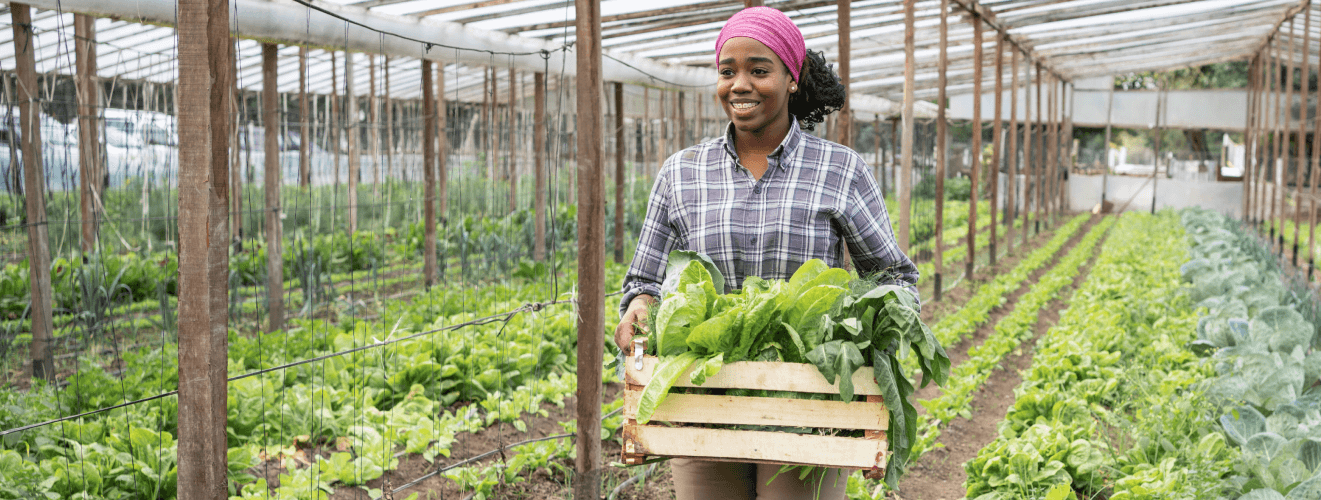

Country Stories
The Partnership is pleased to highlight a selection of successful country approaches driving climate action and enhancing ambition over the past four years.
Read more
